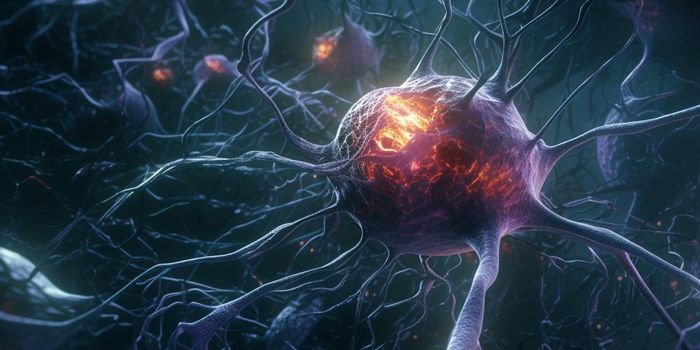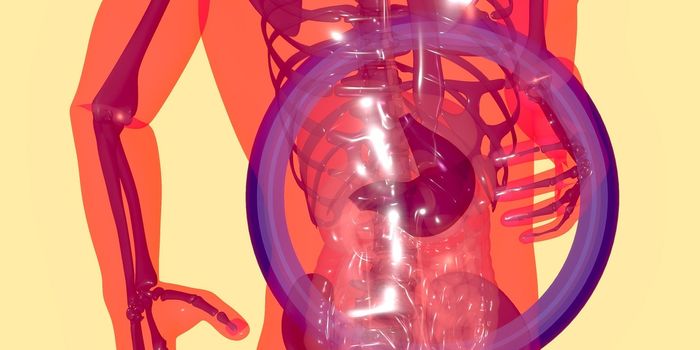Exercise Slows Growth of Bowel Cancer Cells
Exercise releases molecules into the bloodstream that reduce the growth of bowel cancer cells, say researchers from the UK. Their study was presented at the Physiological Society’s Annual Conference Physiology 2021.
Earlier studies have found that regular physical activity reduces a person’s risk of developing bowel cancer. Some say this may be because exercise helps people maintain a healthy weight. Other studies, however, indicate that exercise may have a dose-dependent effect on bowel cancer as it causes an increase in insulin-like growth factor-binding proteins and reduces prostaglandins.
For the current study, researchers studied 16 male participants at risk of developing bowel cancer. All were aged 50 or above, were overweight or obese and did not exercise regularly. The researchers collected blood samples from these participants before and after 45 minutes of moderate intensity indoor cycling, and before and after a non-exercise experiment.
They examined their blood samples for altered concentrations of specific proteins. Afterward, they added the samples to bowel cancer cells in a lab where they then monitored them for cancer cell growth over 48 hours.
In doing so, they found that exercise was related to the release of certain proteins in the bloodstream that acted directly on bowel cancer cells and slowed down their growth. The research thus suggests that being physically active may reduce the risk of getting bowel cancer even without weight loss.
“Following on from this research, we want to understand a few more things, including which specific molecules in the blood are responsible for reducing the growth of the bowel cancer cells, and whether exercise performed at a high-intensity has a more pronounced effect on bowel cancer cell growth than exercise performed at a moderate-intensity,” said Dr. Sam Orange, lead author of the research.
The authors note that these are preliminary findings, and future studies are needed before conclusions can be made. They say that as the cancer cells were grown in Petri dishes under closely monitored conditions, they may not reflect cancer tumors in humans that grow in more complex environments.
The results, however, still shed light on the mechanisms linking physical activity and cancer risk, and may help develop exercise programs for preventing cancer, as well as drugs that can mimic the effects of exercise.
Sources: Physiological Society’s Annual Conference Physiology 2021, Current Sports Medicine Reports, EurekAlert









